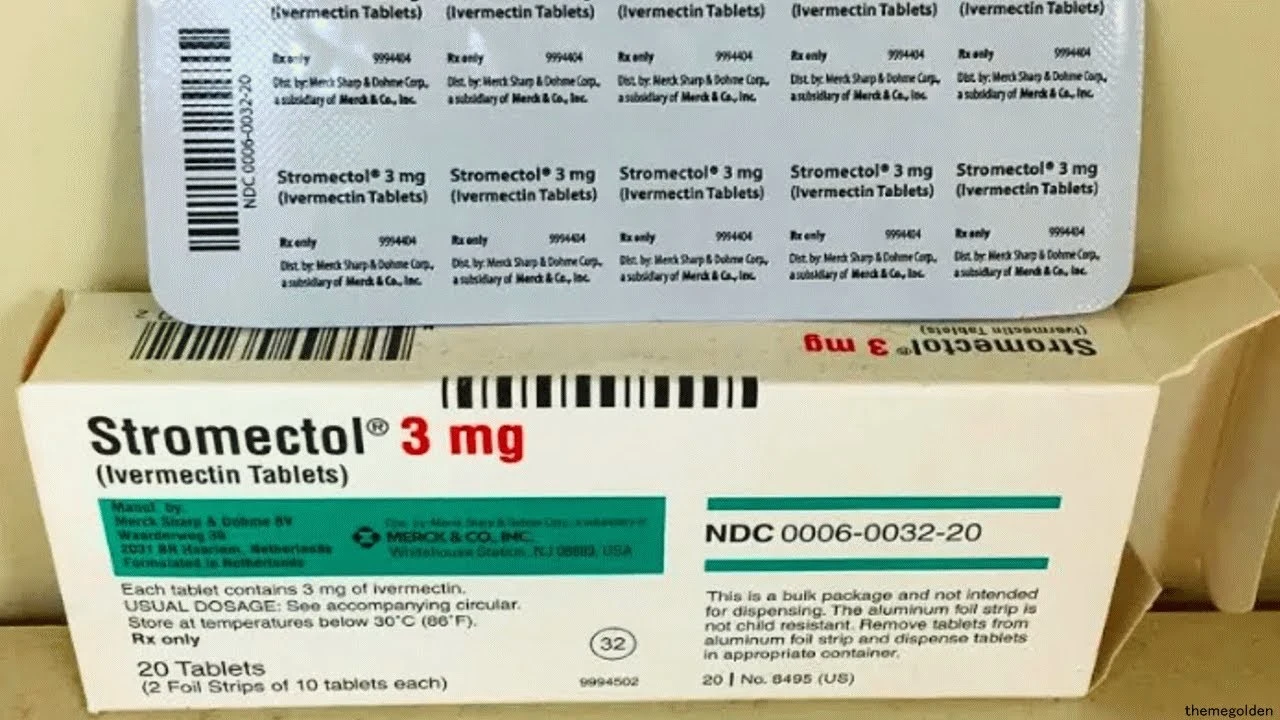People hear the name ivermectin a lot, but what does it actually do? Ivermectin is an antiparasitic medicine used mainly to treat infections like strongyloidiasis and onchocerciasis in humans. It’s also widely used in animals. That difference matters: human doses and veterinary formulations are not interchangeable. Using the wrong product or dose can be dangerous.
Ivermectin works by paralyzing certain parasites so the body can clear them. In humans, doctors commonly prescribe it for:
- Strongyloidiasis (a roundworm infection).
- Onchocerciasis (river blindness) in community programs.
- Some scabies cases, often when topical treatments fail or are impractical.
Depending on the infection, doctors use single doses or multi-day courses, usually based on body weight. That’s why you should never guess your dose—prescriptions are weight-based for safety and effectiveness.
Common side effects are mild: nausea, dizziness, diarrhea, or a skin rash. Most people tolerate ivermectin well, but rare serious reactions can happen, especially when parasites die quickly or with certain co-infections (for example, Loa loa can cause severe neurological problems if treated unintentionally).
Important safety tips:
- Don’t use animal ivermectin products. They are made for different species and doses and can cause severe poisoning in people.
- Ivermectin for COVID-19 is not approved by major health regulators. If you see claims it prevents or treats COVID-19, talk to your doctor before taking anything.
- Tell your provider about other medicines you take. Some drugs that affect liver enzymes can change ivermectin levels.
- If you’re pregnant, breastfeeding, very young, or have liver disease, discuss risks and benefits with your clinician.
When to seek help: get urgent care for high fever, severe rash, confusion, or fainting after taking ivermectin. Also see a doctor if symptoms of the original infection worsen despite treatment.
Where to get it: ivermectin should come from a licensed pharmacy with a valid prescription. If you need treatment, talk openly with your clinician about testing, the correct dose, and expected follow-up. If you have questions about side effects or interactions, ask your pharmacist—pharmacists can explain dosing and safety in plain terms.
Short, practical takeaway: ivermectin is a useful antiparasitic when used correctly. Don’t self-prescribe, avoid veterinary products, and always check with a healthcare professional before starting treatment.
